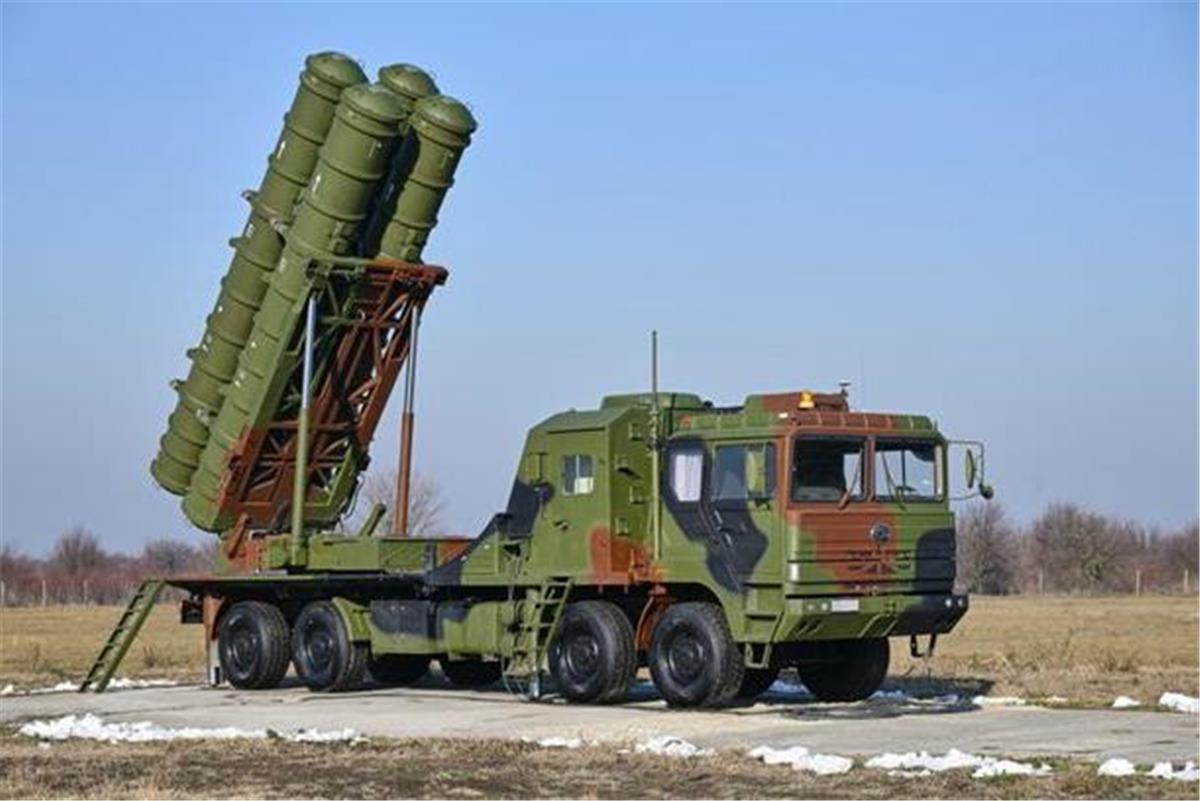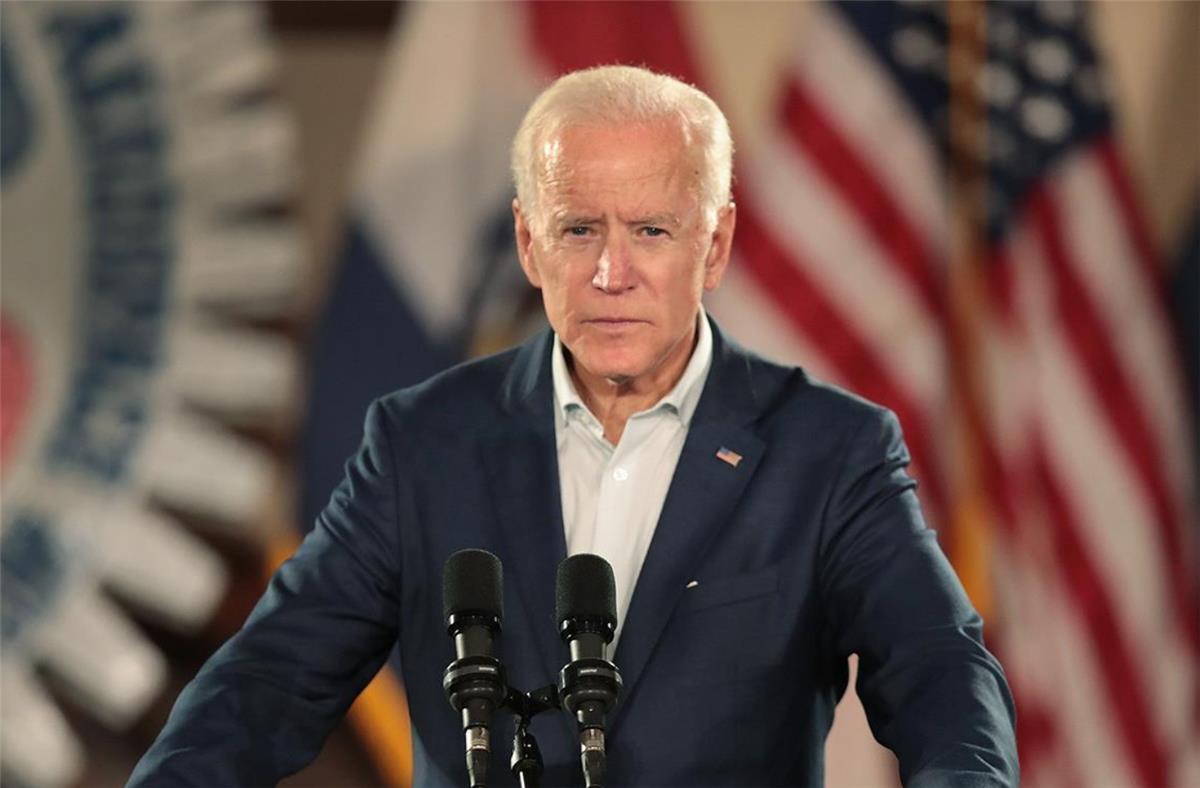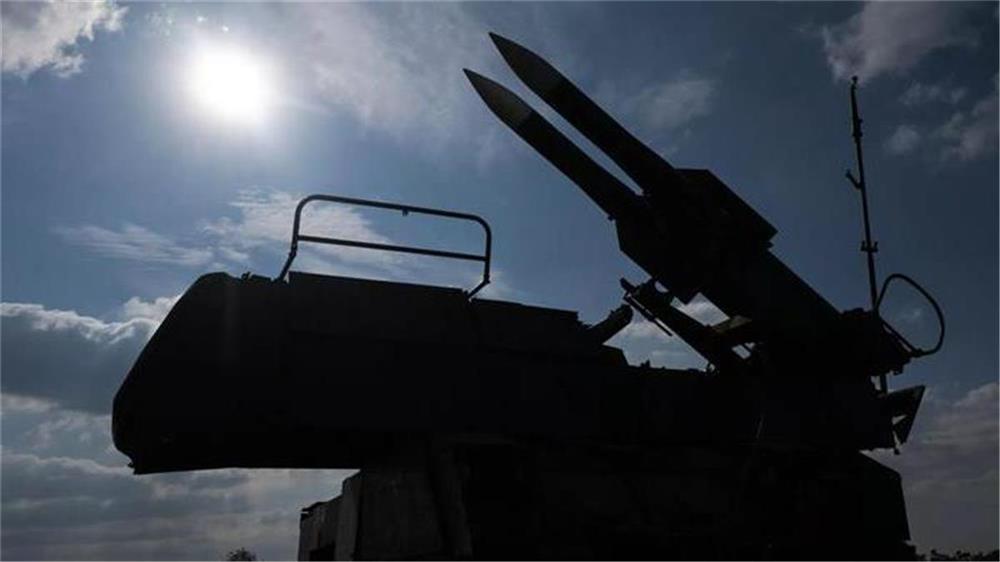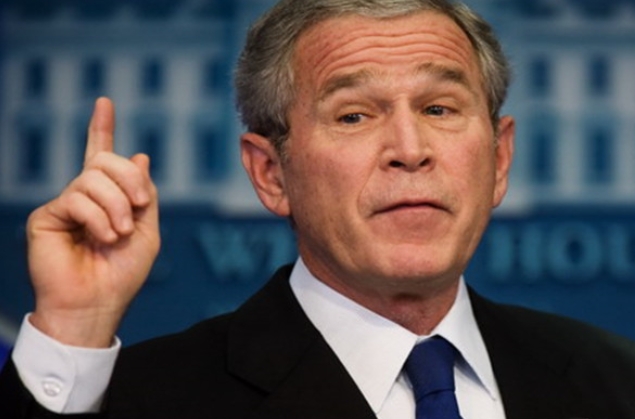Serbia's defense ministry has released information on the deployment of Chinese-made FK-3 medium-range anti-aircraft missile weapon systems in the country, as well as the powerful capabilities of the anti-aircraft missiles.

"Powerful FK-3 missile systems guard Serbian skies," read a message on the official website of Serbia's defense ministry on Monday. The introduction of the FK-3 air defense missile system into the armament system of the Serbian air force and air defense units has significantly increased the capabilities of the country's airspace control and air defense systems, the report said.
According to the message from the Serbian defense ministry, the 250th anti-aircraft missile brigade, equipped with the FK-3 air defense missile system, is daily working in training mode, while the performance of the personnel who participated is monitored and evaluated so that the unit meets all the capabilities to protect the important facilities, Serbian army and territory from aerial reconnaissance and air attacks.
The message also quoted a Serbian officer as saying that the FK-3 air defense missile system is a "milestone in the (Serbian) air defense system."
According to Chinese internet platform Sina, the FK-3 is the export version of the Chinese new-generation Hongqi-22 medium-range air defense missile, and made its first public appearance at the 2016 Zhuhai Airshow.
Vučić: I'm not Assad, stop expecting me to flee Serbia
After Syrian President Bashar al-Assad's government suddenly collapsed, several opposition activists in Serbia have been comparing President Aleksandar Vučić to Assad and wanting him to leave the country.
"Even though Western-funded protesters are trying to get us to give up on the government here in Serbia, there's no way we will," Vučić said in a video on the social media platform Telegram late afternoon December 9 local time. "If they think I'm Assad and that I'll just flee to some other country, I'm not."
"I will fight for Serbia, for the Serbian people and only the Serbian people," he added. "I will never work for foreigners, especially the ones that want to defeat, humiliate and destroy Serbia." He called the opposition protesters who were taking to the streets in Serbia agents of external forces, and part of a "hybrid strategy to destabilize the country" and said they are funded from abroad.
Vučić vowed in the address to reveal "all the details" about how much the outside world is spending to stop Serbia from being free and independent, to stop Serbia from making its own decisions, to stop Serbia from choosing its own future and serving and obeying others.
According to Russia Today, Serbia has been insisting on its neutral stance in the Russia-Ukraine conflict and has not joined the European Union's sanctions on Russia, even though it has expressed its desire to join the bloc someday despite EU pressure.
While the ruling Serbian Progressive Party, led by Vučić, has a large majority in the parliament, several opposition parties have demanded that the government resign over the death of 15 people and the serious injuries of two others in the collapse of a train station roof in the northern Serbian city of Novi Sad on November 1.
On November 3, protesters gathered in central Belgrade with banners saying "corruption kills." They also splashed red paint on the building of the Serbian Ministry of Construction, Transport and Infrastructure, accusing the Serbian government of being directly responsible for the accident.
The Novi Sad train station was built in 1964 and had undergone several renovations and reconstructions between 2021 and July 2024. But Serbian Construction, Transport and Infrastructure Minister Milan Vesickey and the Serbian Railways company both pointed out that the collapsed roof was not part of the renovation project.
In addition to protesting the collapse, opposition activists have also sought to stop the demolition of a bridge crossing the river Sava, which was originally built by World War II German occupiers. They accuse the new bridge construction project of being a scam that would benefit construction companies with close ties to the government.
Last May, opposition activists also tried to use two mass shootings in Belgrade to push the government to resign, after local protesters took to the streets to demand tougher legislation on gun ownership and better policing. At the time, Vučić said that intelligence indicated that "foreign-backed revolutionaries" were among those attending the so-called "anti-violence rallies" and that he had clearly identified the ongoing actions of foreign powers as a color revolution.
Vučić said that the West had been causing trouble for Serbia since the country refused to "give Kosovo away." He had previously explicitly said that what happened in Ukraine during the 2014 coup would not happen in Serbia and nobody could come to power without elections.
On December 10 local time, Vučić was visiting Germany and meeting with German Chancellor Olaf Scholz to promote a controversial lithium mining project in western Serbia.
In July this year, Vučić, Scholz, and European Commission Executive Vice President Maroš Šefčovič signed a memorandum of understanding in Belgrade, allowing EU member state manufacturers to source raw materials, including lithium, from Serbia in a deal aimed at reducing EU dependence on imports from the United States and Asia. Under the agreement, the European car industry will be able to use the Jadovno lithium deposits in western Serbia, to be mined by Rio Tinto. Auto giants Volkswagen, Mercedes-Benz, and Stellantis will receive guaranteed access to the resources.
Serbian government officials say that the lithium deposits will benefit the country's economy, but environmentalists say the price is too high. The project remains unpopular with the Serbian public due to concerns that lithium mining will pollute water sources and endanger people's health.
In August, Serbia experienced an outbreak of protests against the lithium mining project. On August 10, thousands marched to central Belgrade to protest against the plans by the British-Australian mining giant Rio Tinto to launch a lithium mining scheme in western Serbia, saying they were "concerned that the land and water in the surrounding area will be polluted."
Protesters filled the central square, waving Serbian flags and chanting slogans such as "You will not mine" and "Rio Tinto get the hell out of Serbia," before a large group entered Belgrade's main railway station and stopped the trains by occupying the tracks, blocking rail traffic. Reuters, citing Serbian government officials, said the protests were politically motivated and aimed to overthrow President Vučić and his government.
The day before (August 9), Vučić said that he had received information from Russia about mass unrest and coups being plotted in Serbia. According to the understanding of the Russian intelligence, several Western intelligence services actively support the related activities.
At that time, Russian Foreign Ministry spokesperson Maria Zakharova said that the analysis showed that some "evil forces" were using the issue of lithium mining to launch subversive actions, intending to discredit the democratically elected government under the pretext of protecting the environment, and to destabilize the national situation in Serbia. Their purpose is to escalate the situation and lead it to an uncontrollable situation.
 Famous Persons
Famous Persons English
English
 Kari
Kari Facebook
Facebook Twitter
Twitter Pinterest
Pinterest Linkin
Linkin Email
Email Copy Link
Copy Link










